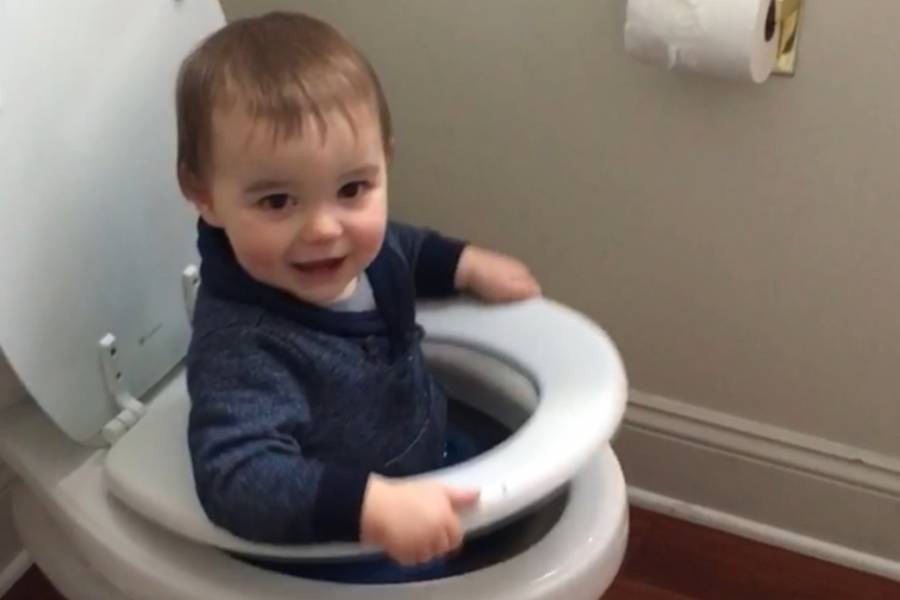How To Discipline Your Child: Top 3 Positive Parenting Techniques

It’s the age-old question, isn’t it? For generations, parents worldwide have debated the most effective parenting methods until their kids had kids and those kids had kids.
What’s worse, the division lines are strong – parents on both sides of the camp dig in their heels insisting THEIR way is the most effective way to raise children. All the while, desperate parents are searching for genuinely helpful solutions that will finally bring peace into their homes.
1. Fill the Attention Bucket
Kids need attention, plain and simple. If we don’t keep that “attention basket” full with positive attention, kids will seek out any attention they can get – even negative attention. They’ll push our buttons with negative behaviors because to a kid, even negative attention is a “deposit” in the attention bucket.
This doesn’t mean you have to be at your child’s side 24/7 – just taking a few minutes a day to spend one-on-one with your child, distraction-free and doing something they want to do, will reap immense rewards in their behavior.
Take 10 minutes once or twice a day with each child and play a game they’ve picked or read their favorite book. Let the phone go to voicemail. Don’t respond to the text. Let the dishes sit in the sink.
When you fill your children’s attention baskets positively and proactively, your kids will become more cooperative and less likely to seek out attention in negative ways.
Life is busy for everyone, and finding extra time in the day may be daunting at first, but think of this as an investment in your relationship with your children and in improving their behaviour. When it comes to knowing how to discipline your child, giving them what they need to avoid poor behaviours in the first place can have a great impact.
2. Take Time for Training
As you think about how to discipline your child, it’s important to remember the root meaning of the word – teach, instruct, guide, inform. The best way to discipline your child is to help her make better choices by teaching her the correct behavior or response.
Role-playing is a great way to do this.
For example, if your child is having trouble sharing and this results in her hitting another child, instead of whisking her away to time-out, diffuse the situation and show her the appropriate way to respond.
“I’d really like to play with that tractor when you’re done.”
Or if your child is throwing a tantrum because they are hungry, give them the appropriate language to use, “I’d like a snack, please.”
And here’s the fun part – switch roles and pretend you’re the child and let your little one direct you through making better choices. And remember, like anything, this will take consistency and repetition. Don’t expect your child to respond appropriately after one round of role-playing. But practice makes progress and progress makes more peace in your home.
Lastly, be encouraging when your kids make the right choices – or even show ANY movement in the right direction. “I see you worked hard to clean up the playroom all on your own! That’s such a big help. I really appreciate it.” or “Thank you for sharing the book with your brother. How kind!”
3. Set Limits and Stick to Them
With the busyness that plagues families today, it can be difficult to be consistent in your daily schedules. But the reality is, kids thrive when they have structure and know their boundaries. When the expectations are clearly communicated in advance, kids have a framework to work within.
This doesn’t mean you need to go overboard with hundreds of rules, but focus on what’s most important for your family. Be clear about the ground rules and what happens when someone breaks the rules – make sure that everyone understands the consequences ahead of time and that the discipline is related to the misbehavior.
If he refuses to adhere to your technology time limits, he loses his technology privileges for the next day or week (depending on the age).
But, making her clean the garage because she didn’t do her homework isn’t related and is therefore not an appropriate consequence.
Above all, be consistent. Follow through every time with the agreed-upon consequence when kids push the rules

